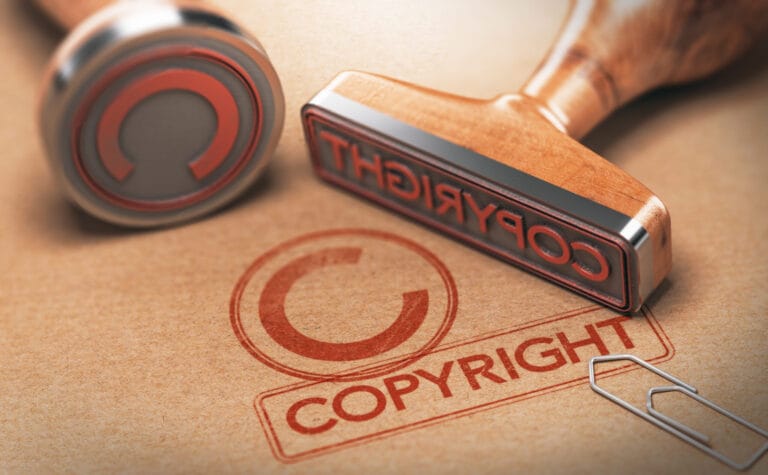During the eDiscovery process, it’s all too easy to find yourself overwhelmed with production requests and improperly formatted files. To address this problem, parties will need to negotiate to determine the search methods and implement any necessary stipulations. So, which legal and technical issues should you bring up?
In this article, we’ll share some standards you can reference when you approach opposing counsel and provide some tips for the negotiation. Let’s get started!
Standards for Production
In the production phase, the bulk of the data typically comes from the defense. Nevertheless, you shouldn’t begin production negotiations with an adversarial approach! Once the data is retrieved, formatting can be time-consuming and expensive. Take the time to discuss and decide on a preferred format that both sides can access.
Some standard protocols can be:
- Using TIFF files for black and white images
- Using JPG files when color is needed or requested
- Native files only when dealing with audio-visual files, files that cannot be imaged, or document types that don’t image well such as Excel or PowerPoint
Standards for Processing
When you’re creating standards for data processing, you’ll need to be flexible and open to collaboration. Attorneys for the plaintiff tend to err on the side of “more is more” during eDiscovery process, however, if your search terms are too broad, you’ll end up with quite a bit of irrelevant data. Don’t be afraid to use date restrictions, custodians, search terms, pre-filtering, and deduplication.
We recommend creating some search terms for testing purposes and reviewing the results together. This will give you an idea of the size of the resulting data set and you can narrow your search terms accordingly. It’s critical that you perform these tests before you end up with an expensive set of documents that are too big for meaningful review. Remember: you can always come back to the negotiation table later!
Common Mistakes to Avoid
After you’ve made a good-faith attempt at negotiation, keep an eye out for these other common eDiscovery procedural mistakes:
Forgetting an outline agreement
The goal of your negotiations is to agree on a process that both parties will use throughout the different stages of eDiscovery. This process should be recorded in the form of an outline. Without an outline, you won’t have a verifiable basis for a complaint if you need to resolve disputes in the future. Different courts have different levels of familiarity with ESI, and it’s very tough to predict how they would rule if asked to intervene.
Premature terms negotiation
From the beginning of your case, you may have an idea of the kind of search terms you think will be most useful. Don’t let these expectations dictate the negotiation process. You shouldn’t negotiate search terms before the data has been processed because you don’t know if they will actually be effective for the dataset.
Forgoing advanced analytics
Up-front costs for many analytics tools can be daunting, but when used effectively, they can remove thousands of irrelevant documents from the data set. The price for any sophisticated analytics software should be measured against the ultimate costs of reviewing the larger data set. Viewed through this lens, some tools can even pay for themselves or reduce the overall cost of a matter.
Final Thoughts
Thanks for reading! We hope we’ve been able to provide some useful guidance for your next eDiscovery negotiation. If you enjoyed this article, feel free to share it on social media!
When you plan your next deposition, don’t forget to take advantage of our plentiful deposition tools. We provide services including remote court reporting, concierge remote exhibit management, remote videography, and full-time tech support for your remote depositions, arbitrations, court hearings, trials, and other proceedings.






